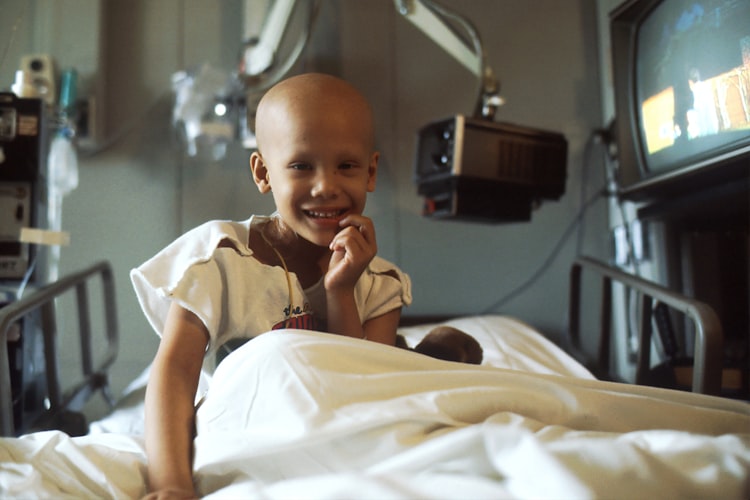
Table of Contents
What is COVID-19?
COVID-19, or coronavirus disease 2019, is an illness thought to have been caused by a novel (or new) coronavirus that was identified in an outbreak in Wuhan, China, in December of 2019.
Are there any special precautions people with cancer should take?
The same rules apply for people with cancer as for those without cancer during Covid-19, and they are, stay at home to reduce exposure to other people, be sure to wash your hands, and wash them frequently. Avoid touching your face, avoid any close contact with people who are sick, and stay away from any large social gatherings.
If you must leave the house, keep a distance of at least 2 meters between you and other people. But, only leave home for essentials such as buying groceries, going to the doctor, or picking up medication from the pharmacy.
When you go outside, make sure to wear a cloth face covering or mask, and make your trip as brief as possible. Another alternative is to have your food and medications delivered, so you do need to leave home.
Make sure to keep enough essential medications.
Be sure you keep enough essential medications, both prescription and over-the-counter, to last for at least one month. Create an emergency contact list that includes family, friends, next-door-neighbors, and community or local resources that may be able to provide information or any assistance to you if you need it.
Walking or exercising outdoors is still fine as long as you stay away from crowds and your social distance for at least 2 metres from other people.
Make sure to stay in touch with your support system, friends, and family. Try to connect with them virtually through video chats or phone calls. Some of the technology that you can use for video or other live chats, include FaceTime, Zoom, Google Hangouts, and social media platforms, such as Instagram and Facebook.
If you are scheduled for cancer treatments
If you are scheduled for cancer treatments, speak with your oncologist about the benefits and risks of continuing or delaying treatment. If you are not scheduled for cancer treatment but are still scheduled for an appointment with your oncologist, it may be possible for the doctor to conduct the visit via videoconferencing. Be sure to check with your cancer care team to see if this is possible for you.
Will anything change with regards to any cancer-related medical visits?
As a result of the COVID-19 pandemic and the increased risk of exposure to the virus by going out in public, the majority of hospitals and clinics have now changed their visitation policies. Some may allow one visitor per patient, while others may not allow any visitors. Before heading off to your medical appointment, check with the clinic or hospital for their current visitor policy.
So that you can stay at home and visit with your doctor or other health care team members using your phone or computer, your cancer care team may switch some of your appointments to video conferencing. Your doctor will let you know what system they are using for these appointments, and they will give you instructions on how to have your visit this way.
Some treatments may need to be delayed
Your doctor may also suggest delaying some treatments for supportive care, such as bone-strengthening treatments, for example, denosumab (Xgeva) or zoledronic acid (Zometa), or intravenous iron supplementation. However, they will only recommend delaying treatments if they feel it is in your best interest to do so.
Other treatments, such as cancer screening tests, mammograms or colonoscopies, and other tests, such as bone density tests, may also be delayed to reduce your risk of exposure to the virus. Websites such as cancer-pro.com are a great source for understanding more about the various treatments and what any delays to treatment might mean.
What to do if you think you may have COVID-19?
If you have a fever or show any other signs of respiratory illness, such as a cough and or shortness of breath, call your doctor before visiting your health care professional or the emergency department.
If you are receiving cancer treatment that suppresses the immune system and you develop a fever and respiratory symptoms, call your oncologist as you usually would. Be sure to follow your doctor or health care provider’s guidance on when to come into their office or hospital and when it’s safer to stay home.
Originally posted 2020-11-25 07:41:02.